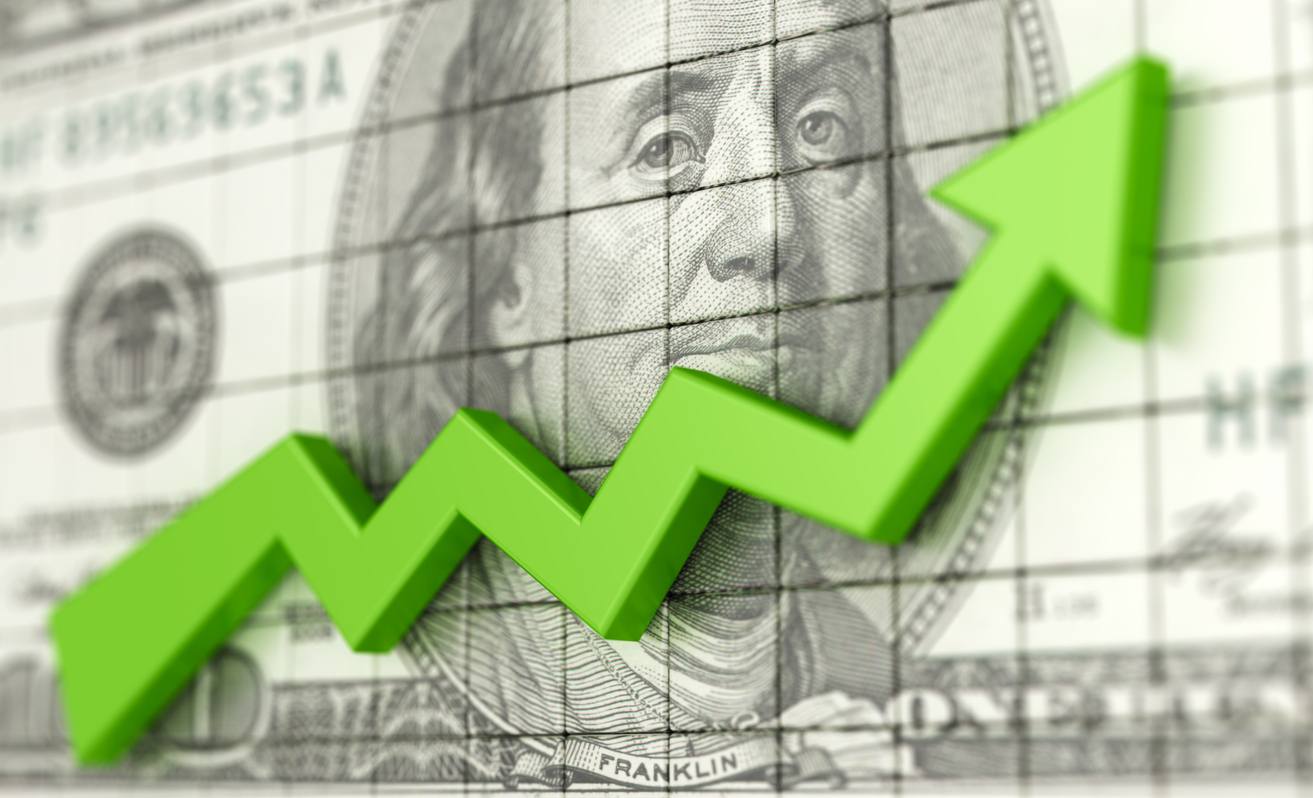Nigeria’s external reserves have risen by $1.88 billion, reaching $34.66 billion as of July 4, 2024, marking the highest level in 13 months. historical records of the central bank’s reserves over the past year, representing the highest point since the foreign exchange (FX) unification policy was implemented in June 2023.
Contributing Factors
The reserve increase is attributed to financial commitments from Afrexim Bank and the World Bank through loans, along with FX reforms introduced by the Central Bank of Nigeria (CBN). On June 14, 2023, the CBN announced a plan to unify the FX market, merging all segments into a single system. Although this move aimed to improve liquidity and stability in the Nigerian FX market, it initially caused market volatility and a significant drop in the naira’s value.
Historical Context
At the time of the FX unification policy announcement, Nigeria’s external reserves were at $34.66 billion. Between July and December 2023, the reserves fluctuated within the $33 billion range. By July 4, 2024, the reserves climbed to their highest level in over a year, second only to $34.69 billion recorded on June 13, 2023, just before the FX unification policy took effect.
Recent Trends
In recent weeks, Nigeria has seen a rise in its exchange rate, ending June with reserves above $34 billion for the first time since April. The reserves continued to increase in July, reaching the highest level in the past year. Over the past month, reserves have increased by 6% from $32.78 billion recorded on the same day the previous month.
Previous Challenges
At the last IMF Spring meeting, the central bank governor explained that the decline in reserves was primarily due to debt repayments and other standard financial obligations, rather than efforts to defend the naira. Since then, there has been a gradual and consistent upward trend in reserves, aligning with a period of exchange rate stability, culminating in the $34.66 billion recorded on July 4, 2024.
Factors Driving Reserve Growth
Nairametrics reported that global forex reserves reached $12.3 trillion at the end of 2023, while Nigeria’s reserves decreased to $32.3 billion, representing 0.26% of global reserves, down from 0.36% in 2022. The recent increase in FX reserves since May follows three months of fluctuations, with a low of $32.11 billion on April 19, 2024, likely due to higher import demands, payment obligations, or reduced foreign inflows.
Capital Importation
According to the latest data from the National Bureau of Statistics, Nigeria received $3.9 billion in total capital importation in the first quarter of the year, with most of the inflows directed towards government debt securities such as treasury bills, OMO bills, and bonds.



















Leave a Reply